Pickleball’s popularity is skyrocketing, and with more people on the courts, understanding the ins and outs of line call rules has never been more crucial. Whether you’re a seasoned pro or just picking up a paddle, knowing how to make accurate line calls can make or break your game.
Navigating the world of pickleball line calls doesn’t have to be daunting. With a few key pointers and a bit of practice, anyone can master the art of making fair and confident decisions during play. Let’s dive into the basics of pickleball line call rules and explore how to apply them effectively on the court.
Understanding Pickleball Line Call Rules
Pickleball, a sport that’s a mix between tennis, badminton, and ping-pong, has rules that are unique to its gameplay, especially when it comes to line calls. Line calls in pickleball can be a bit complex for beginners but become second nature with a bit of practice and understanding. This part of the article aims to demystify those rules, ensuring players make accurate calls during their games.
The basic principle is clear: if the ball lands on any part of the court’s lines, it’s considered in. This includes the lines around the perimeter of the court and the non-volley zone lines. However, the ball is out if it lands outside these lines or touches any part of the non-playing surface or area outside the court boundaries.
Interestingly, in pickleball, the responsibility for making line calls lies predominantly with the player or team on whose side the ball lands. They’re expected to call their own lines honestly and accurately. If a player isn’t sure whether a ball was in or out, they should give their opponent the benefit of the doubt, calling the ball in. This emphasizes sportsmanship and honesty, principles that are highly valued in the pickleball community.
When Conflicts Arise
Disagreements over line calls can happen, especially in heated games. When both teams cannot agree on a call:
- The point may be replayed, especially in casual games.
- In tournament play, a referee may make the call if present.
- Players should strive to resolve disputes amicably, keeping the spirit of the game alive.
Key Rules to Remember:
- The serving team must call the score aloud before serving.
- Only the receiving team can call a serve “out”.
- The Non-Volley Zone, or the “kitchen”, has specific rules for line calls especially during serves.
Practicing with experienced players or in a club setting can significantly improve one’s ability to make accurate line calls. Participating in drills that focus specifically on line call scenarios is another effective way to enhance this skill.
In addition to understanding the basic principles, familiarizing oneself with the official rulebook updated by the USA Pickleball Association (USAPA) can be incredibly helpful. The rulebook is revised periodically, reflecting changes and clarifications in the game’s regulations, ensuring players are always up-to-date with the correct information.
Importance of Accurate Line Calls

In the fast-paced game of pickleball, accurate line calls are not just a courtesy; they’re a cornerstone of fair play. Every player, from beginners to seasoned pros, shares the responsibility of making honest and precise calls during a match. This responsibility upholds the integrity of the game and ensures that all participants enjoy a competitive and respectful environment.
Accurate line calls can significantly impact the outcome of a game, turning the tide in favor of one team or another. For this reason, understanding how to make correct calls is essential. When the ball skims close to a line, determining whether it’s in or out can be a split-second decision. However, it’s crucial to remember that in pickleball, if the ball touches any part of the court’s lines, it is considered in. This rule helps to reduce disputes and encourages players to give their opponents the benefit of the doubt in close calls.
To foster accuracy in line calling, players should position themselves in the best possible spot to view the trajectory of the ball. While this isn’t always feasible due to the fast pace of pickleball, making an effort to be in a good position can improve the likelihood of making correct calls. Additionally, when in doubt, players are encouraged to play the ball instead of calling it out. This gesture promotes sportsmanship and keeps the game moving.
Practicing with more experienced players can also enhance one’s ability to make accurate calls. These players can provide insights and tips on how to judge ball landings more effectively. Moreover, regularly referring to the official rulebook for updates and clarifications helps to ensure that all players are making calls based on the most current rules and guidelines.
In cases where disagreements arise over line calls, the article earlier mentioned replaying the point or involving a referee in tournament settings as viable solutions. This approach not only resolves disputes but also reinforces the idea that fairness and sportsmanship are paramount in pickleball.
Emphasizing accurate line calls in pickleball serves to elevate the game, ensuring that it is played in a spirit of competitiveness and integrity. By adhering to the rules and making honest calls, players contribute to a respectful and enjoyable game atmosphere for everyone involved.
Key Guidelines for Making Line Calls

Making accurate line calls in pickleball is not only a matter of honesty but also skill and awareness. Understanding and adhering to a set of key guidelines can significantly improve the fairness and enjoyment of the game for everyone involved.
Know the Rules
The first step in making accurate line calls is having a thorough understanding of the official pickleball rules regarding line calls. The ball is considered in if any part of it touches the line. Players should familiarize themselves with the dimensions of the court and specific rules related to the service, baseline, and sideline calls. Consulting the official rulebook regularly ensures that players are up-to-date with any changes or clarifications.
Positioning is Key
To make the best possible line calls, players should position themselves in a manner that allows for a clear view of where the ball lands. This often means staying back from the line rather than crowding it, giving oneself a broader perspective. In doubles play, partners can help each other with calls, especially on the far sidelines and the non-volley zone line.
When in Doubt, Play it Out
A fundamental principle in pickleball is that if a player is unsure about a call, the benefit of the doubt should go to the opponent. This means that if a player cannot definitively say a ball was out, they should consider it in. Adopting this practice fosters sportsmanship and maintains the game’s integrity.
Practice Makes Perfect
Improving line call accuracy comes with practice. Playing regularly, especially with experienced players, can help in honing the ability to make quick and correct judgments. Drills that focus on observing and calling line shots can be particularly beneficial.
| Tip | Benefit |
|---|---|
| Regular Practice | Enhances judgement accuracy |
| Observing Experienced Players | Provides insight into effective positioning and decision-making |
Use Technology When Available
In some cases, particularly during formal competitions, technology such as instant replay can be utilized to make line calls. While not always accessible for casual play, in tournaments where such technology is available, it can greatly aid in making the correct decision. Players should embrace these tools as they work towards ensuring the game remains fair and enjoyable for all.
Practice Tips for Mastering Line Calls

Mastering the art of making accurate line calls in pickleball isn’t just about knowing the rules; it’s also about consistent practice and honing one’s observation skills. Players at every level can benefit from specific techniques and exercises designed to improve their judgment and fairness in calling lines during play.
One effective way to sharpen these skills is by engaging in targeted drills that focus on line calls. Players can set up scenarios where balls are hit near the lines, requiring immediate calls. This practice not only aids in enhancing visual judgment but also instills confidence in one’s ability to make quick decisions accurately.
Another essential practice tip is to work on spatial awareness. Understanding and being aware of one’s position relative to the lines can significantly influence decision-making. Exercises that involve players consciously noting their movement and positioning in relation to the lines during gameplay can markedly improve the accuracy of their calls.
Video review has emerged as a valuable tool in this learning process. Recording match play and reviewing the footage can provide players with insights into their call-making tendencies and highlight areas for improvement. It’s also valuable for comparing one’s calls with the official rules and the actual outcomes as seen in the video, offering a tangible way to measure progress.
Playing with and against experienced players who are known for their fair and accurate calls can also serve as a practical learning experience. These players can offer tips, share their approach to making difficult calls, and provide constructive feedback. Their experience can be a guiding light for those looking to improve their line-calling skills.
Incorporating technology, such as mobile apps designed to simulate pickleball plays and line calls, provides an innovative approach to practice. These tools can offer a wide range of scenarios and outcomes, challenging players to make split-second decisions in a virtual setting.
Engaging in group discussions and workshops focusing on the nuances of line calls can also be beneficial. These forums allow for the exchange of experiences, strategies, and common challenges faced on the court. Learning from peers and mentors through open dialogue promotes a deeper understanding of the subtleties involved in making fair and accurate line calls.
Lastly, regular self-reflection on one’s line-calling performance is crucial. Players should assess their comfort level with making calls, identify any biases or tendencies they might have, and set personal goals for improvement. Self-awareness is key to overcoming obstacles and becoming proficient in accurate line calling.
Applying Line Call Rules Effectively on the Court
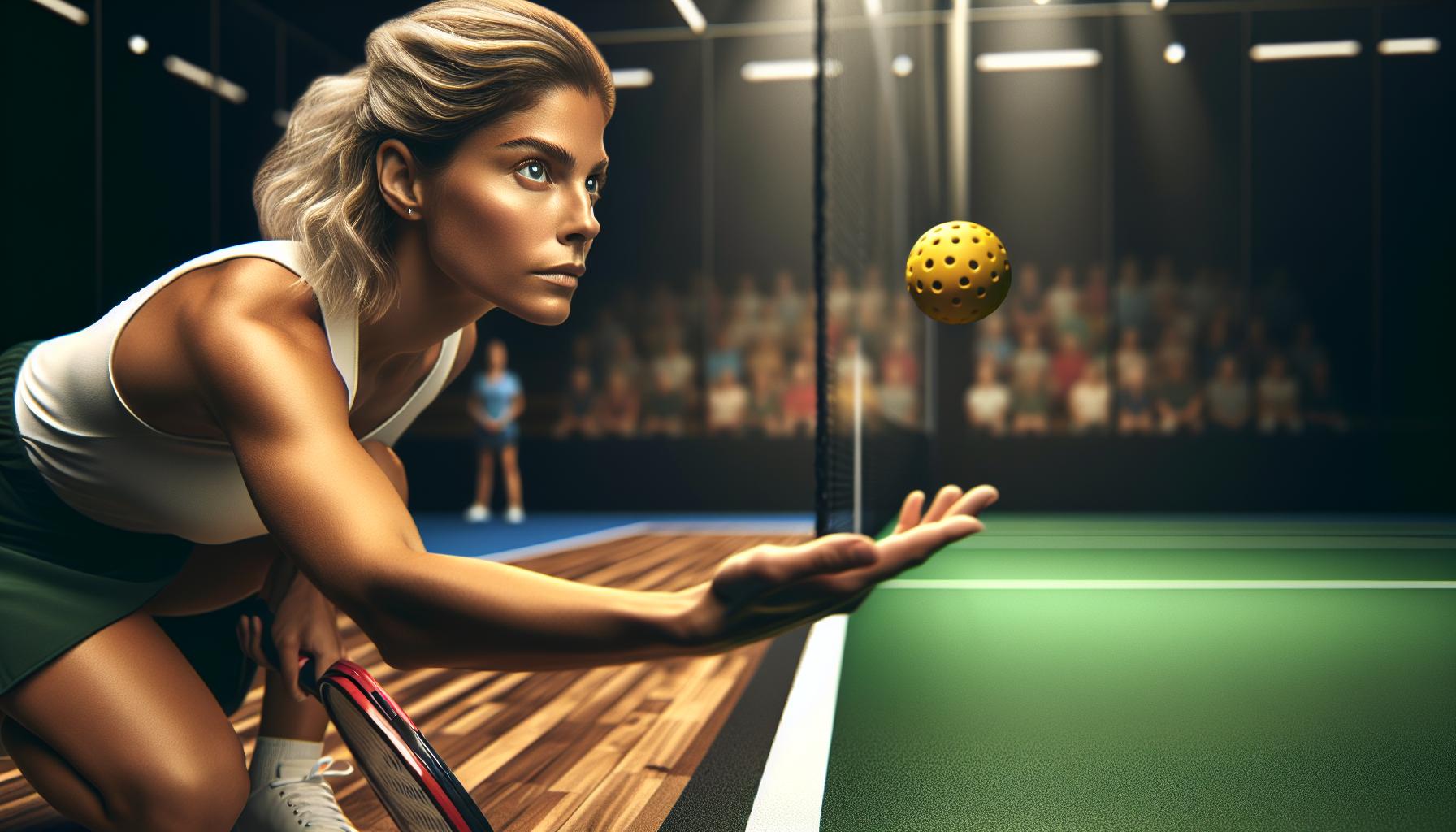
When stepping onto the pickleball court, understanding and applying line call rules effectively is crucial for both the integrity of the game and the fairness of play. Making accurate line calls requires not only a keen eye but also a solid grasp of the rules that govern them.
One of the first steps in applying line call rules effectively is to familiarize oneself with the basic principles of pickleball line calls. The most fundamental rule is that a ball is considered in if even just a fraction of it touches any part of the line. For serves, the ball must land beyond the non-volley zone, commonly referred to as the kitchen, and within the bounds of the diagonally opposite service box. During general play, balls that land on any line except the non-volley zone line during a volley, are deemed in. This is a critical point since it affects the strategy and outcome of each point.
To ensure fairness and consistency in line calls, players should adopt a position that maximizes their view of the lines they are responsible for calling. This often means being parallel to the line in question or positioning themselves in a manner that gives a clear line of sight. Clear communication among players is also essential, especially in doubles play, to designate who has the best perspective to make a call on a particular shot.
Another important aspect is the development of a guideline for making calls when the ball is close to the line. Players should give their opponents the benefit of the doubt if they’re not sure about a call, following the principle of “if in doubt, it’s in.” This promotes sportsmanship and respect among players. However, if a player consistently makes questionable calls, it may be necessary to discuss these concerns respectfully during or after the match to ensure the game remains fair and enjoyable for everyone.
Players can also utilize drills specifically designed to improve their accuracy in making line calls. These drills might include:
- Practicing with a marked ball to better see where it lands in relation to the line.
- Using video replay to review close calls and learn from them.
- Participating in exercises that enhance spatial awareness and the ability to judge distances quickly and accurately.
Conclusion
Mastering the art of pickleball line calls isn’t just about knowing the rules—it’s about integrating them into every game with precision and fairness. By embracing targeted drills, leveraging technology, and learning from others, players can significantly improve their line-calling skills. It’s not only about enhancing one’s gameplay but also about upholding the spirit of sportsmanship and respect on the court. Whether you’re a beginner or an experienced player, there’s always room to grow in making accurate and fair line calls. Let’s keep the game enjoyable and competitive by putting these practices into action.

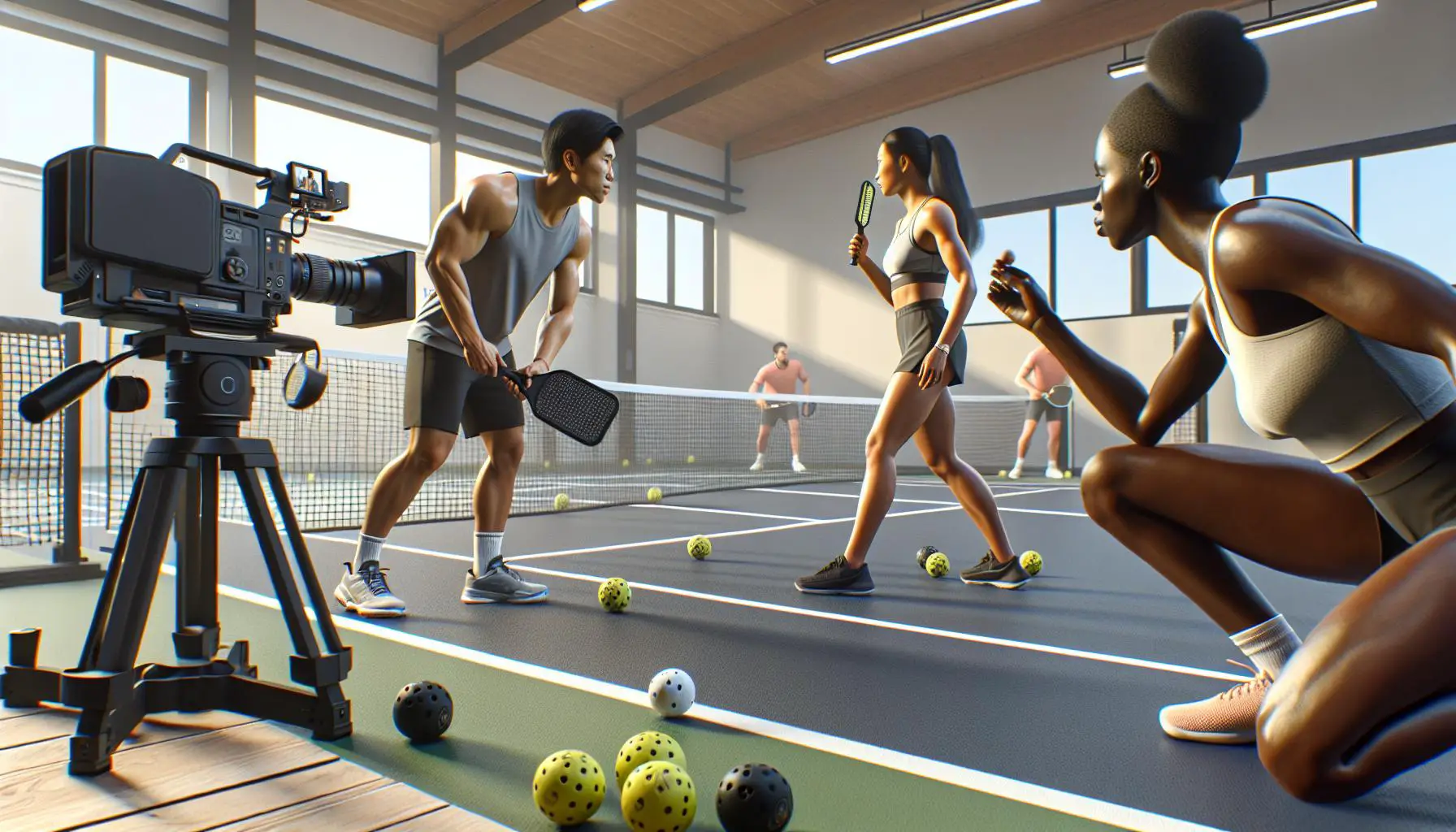






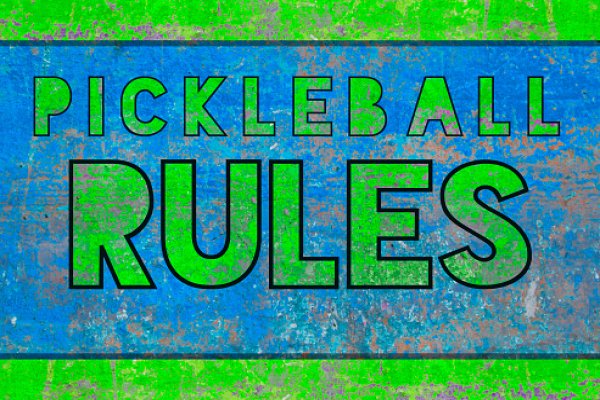
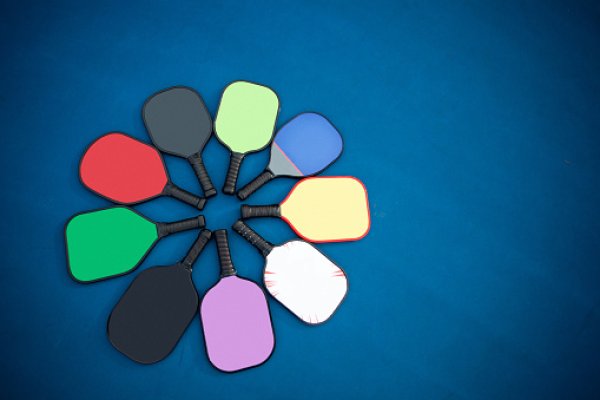
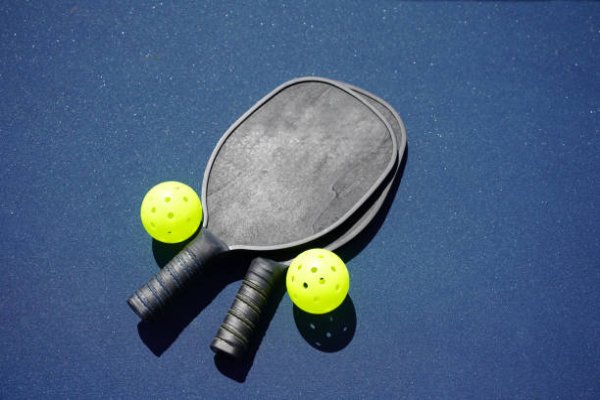



0 Comments